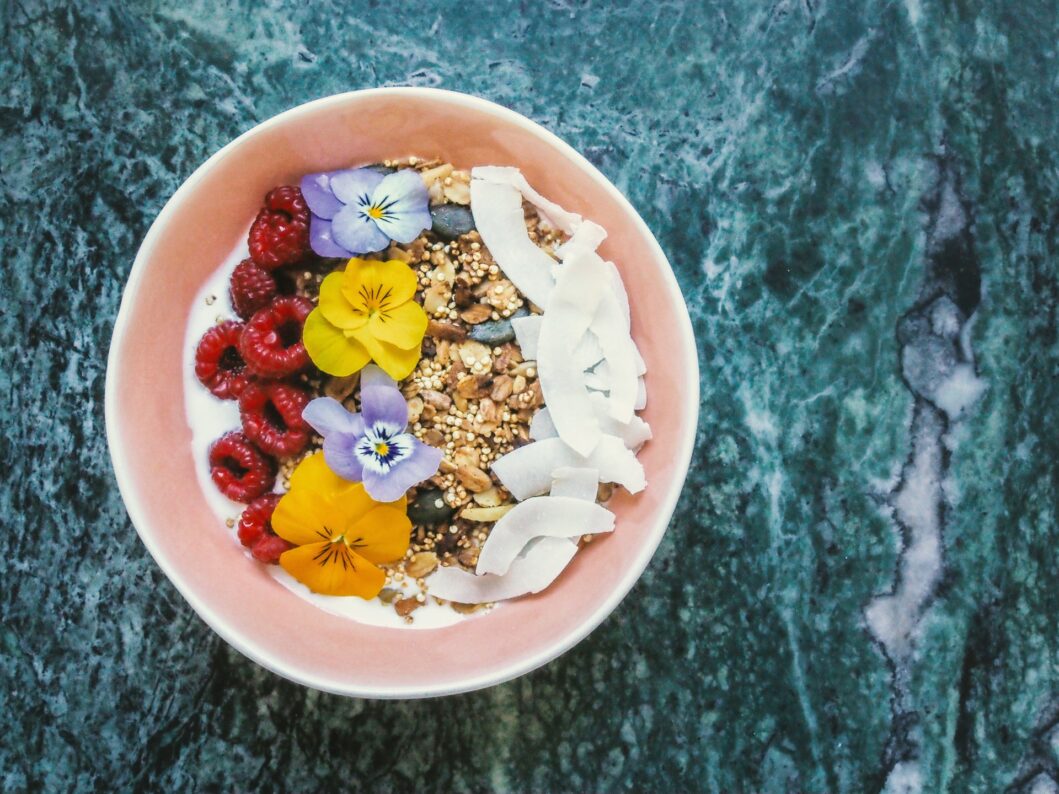In recent years, gut health has emerged as a central topic in discussions about overall wellness. The gut, often referred to as the “second brain,” plays a crucial role in not only digestion but also in our immune system, mental health, and even weight management. With increasing evidence supporting the connection between gut health and various bodily functions, it’s essential to understand how to maintain a happy digestive system through diet and lifestyle choices. Here’s a comprehensive guide on foods and habits that promote optimal gut health.
Understanding Gut Health
The gut is home to trillions of microorganisms, including bacteria, fungi, and viruses, collectively known as the gut microbiome. This complex ecosystem is essential for breaking down food, producing vitamins, and protecting against harmful pathogens. A balanced microbiome supports digestion, boosts the immune system, and can even influence mood and mental health.
When the gut microbiome is out of balance, it can lead to issues like bloating, gas, diarrhea, constipation, and more severe health problems such as inflammatory bowel disease (IBD) and irritable bowel syndrome (IBS). Therefore, maintaining gut health is vital for overall well-being.
Foods That Promote Gut Health
- Fermented Foods: Fermented foods are rich in probiotics, beneficial bacteria that support gut health. Incorporate items like yogurt, kefir, sauerkraut, kimchi, and kombucha into your diet. These foods not only add flavor but also help replenish and diversify your gut microbiome.
- Fiber-Rich Foods: Dietary fiber is crucial for maintaining regular bowel movements and promoting the growth of healthy gut bacteria. Include plenty of fruits, vegetables, whole grains, legumes, and nuts in your meals. Foods like oats, apples, berries, and beans are particularly high in soluble fiber, which feeds the good bacteria in your gut.
- Prebiotics: Prebiotics are non-digestible fibers that act as food for probiotics. Foods rich in prebiotics include garlic, onions, leeks, asparagus, bananas, and chicory root. Adding these to your diet can help enhance the effectiveness of probiotics and support a healthy gut environment.
- Healthy Fats: Omega-3 fatty acids, found in fatty fish like salmon, walnuts, and flaxseeds, have anti-inflammatory properties that can benefit gut health. Olive oil is also a healthy fat that can support digestion and promote a balanced microbiome.
- Limit Processed Foods: Highly processed foods, which often contain excessive sugar, unhealthy fats, and artificial additives, can negatively impact gut health. Reducing intake of these foods can help maintain a balanced gut microbiome.
Habits for a Healthy Gut
In addition to dietary choices, several habits can contribute to better gut health:
- Stay Hydrated: Drinking enough water is essential for digestion and helps maintain the mucosal lining of the intestines. Aim for at least eight 8-ounce glasses of water per day.
- Manage Stress: Chronic stress can disrupt the gut microbiome and lead to digestive issues. Engage in stress-reducing activities such as yoga, meditation, or deep-breathing exercises to promote a healthier gut.
- Get Regular Exercise: Physical activity not only helps manage weight but also promotes the growth of beneficial gut bacteria. Aim for at least 150 minutes of moderate aerobic exercise each week.
- Sleep Well: Quality sleep is crucial for overall health, including gut health. Aim for 7-9 hours of sleep per night, and try to establish a regular sleep schedule.
Final Thoughts
Prioritizing gut health can have profound effects on your overall well-being. By incorporating gut-friendly foods and habits into your lifestyle, you can promote a balanced microbiome and improve digestion, immunity, and even mental health. Remember that everyone’s gut is unique, so pay attention to how your body responds to different foods and practices. A happy gut leads to a happier, healthier you!

